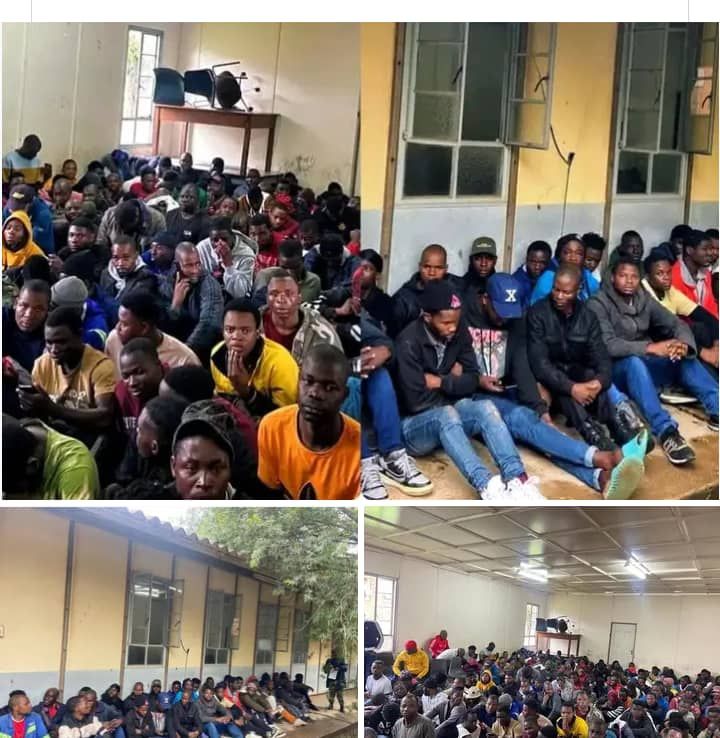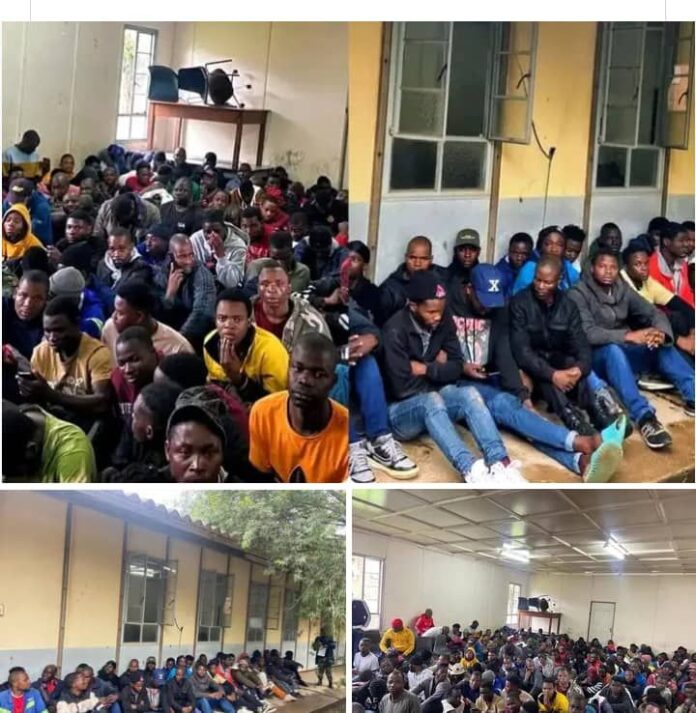By Rahim Abdul
The Malawi Movement for Unity and Economic Change has turned the spotlight on the emotional and psychological toll facing families back home, saying the mistreatment of Malawians in South Africa has created fear, anxiety and uncertainty across the country.
In a statement endorsed by Chipulumutso Phiri, the movement said countless families in Malawi are living in constant worry as their relatives in South Africa continue to face escalating violence and intimidation.

They argued that the attacks, which often target even those with legal work permits, have left many Malawians feeling helpless and abandoned by both governments.
The movement said what pains many families is the irony that South Africa, a nation once supported by Malawi and other African countries during its apartheid struggle, is now failing to protect African migrant communities on its soil.
They added that South Africa’s bold stance on global justice issues, such as taking Israel to the ICJ over Gaza, stands in sharp contrast to its silence on the suffering of fellow Africans living within its borders.
According to the movement, the crisis has exposed gaps in regional cooperation and raised questions about whether SADC mechanisms are truly effective in protecting citizens across member states.
They appealed to the Ministry of Foreign Affairs to immediately open clear communication channels for families seeking information about their loved ones, saying many households are desperate for updates and guidance.
The movement also demanded that Malawi and South Africa establish a rapid-response framework to ensure that migrants are shielded from mob attacks and unlawful harassment.
They expressed frustration that even documented, hardworking Malawians are being victimized, saying lawlessness should never be allowed to replace official immigration systems.
The statement emphasized that beyond diplomatic engagements, there must be real action to restore dignity and safety to Malawians working abroad, as their remittances support thousands of families back home.
It concluded with a call for government reassurance, stressing that during moments like these, Malawians in South Africa and their families at home need visible, timely and compassionate support from their leaders.



